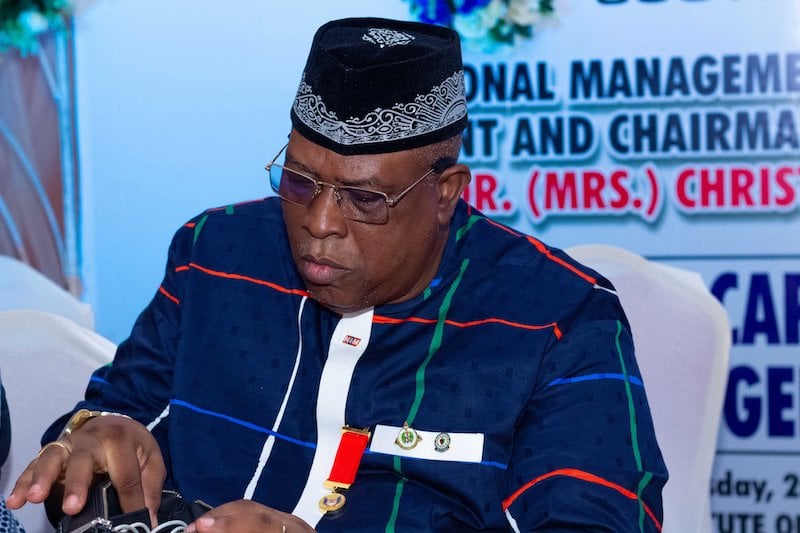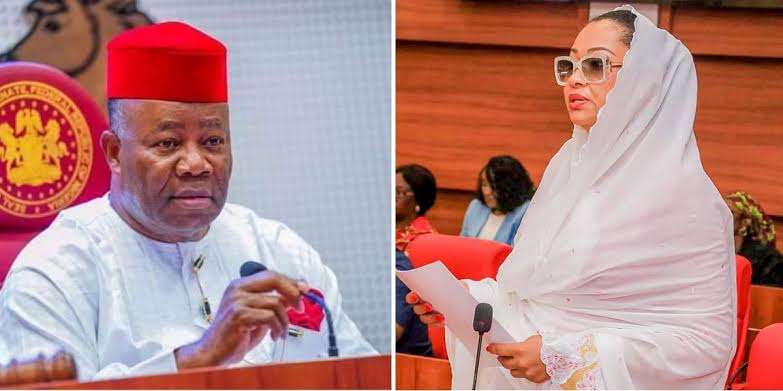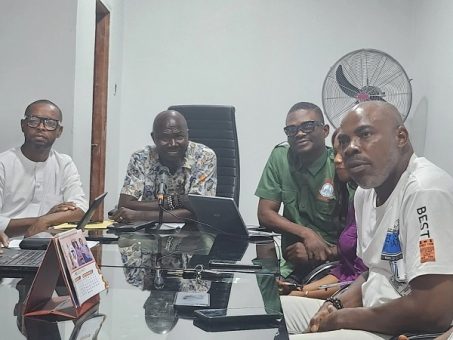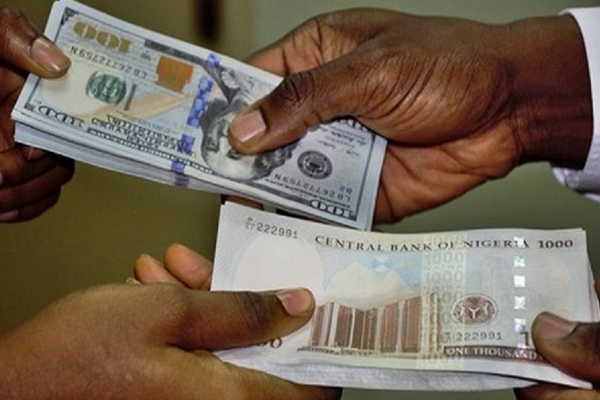The Kaduna State Government has expressed worry over the low turnout of citizens in the ongoing voter registration exercise, urging local government chairmen, traditional rulers, religious leaders, and the media to intensify mobilisation efforts.
Commissioner for Information, Ahmed Maiyaki, disclosed this on Thursday during a stakeholders’ meeting convened to review challenges facing the exercise and chart strategies for improved participation.
Maiyaki said Governor Uba Sani, as a democratic and inclusive leader, had directed pragmatic steps to ensure wider mobilisation of eligible voters. He noted that preliminary reports from the Independent National Electoral Commission (INEC) indicated that Kaduna State and the North-West were lagging behind in registration figures.
“The government is deeply concerned about ensuring stronger citizen engagement in this exercise. This is not about partisanship; it is about encouraging all segments of society—youths, women, the elderly, and every gender group—to participate actively in the democratic process,” Maiyaki said.
He explained that the meeting was deliberately expanded to include council chairmen, traditional rulers, religious leaders, and the media because of their critical roles in mobilising citizens across diverse demographics.
While commending some council chairmen who have already launched sensitisation campaigns, the commissioner said the engagement had been structured into two phases: an opening session with the media to highlight objectives and build momentum, followed by a technical session with council chairmen to harmonise grassroots mobilisation strategies.
Speaking after the meeting, Vice Chairman of the Association of Local Governments of Nigeria (ALGON), Kaduna State chapter, Dauda Madaki, said council chairmen had resolved to approach the exercise like a “World Cup tournament,” where healthy competition would drive participation across LGAs.
He stressed the need for INEC to address logistics challenges, particularly the shortage of registration machines.
“Some LGAs like Chikun, Igabi, Zangon Kataf, Sabon Gari, and others with large populations have only two machines allocated for registration. This is clearly insufficient. We appeal to INEC to urgently provide at least 10 machines per LGA in high-population areas to ensure no one is left behind,” Madaki said.
He added that ALGON would collaborate closely with the Ministry of Information and the Ministry of Youth to ensure the success of the voter registration campaign, noting that accurate and updated data was also crucial for government interventions beyond elections.




